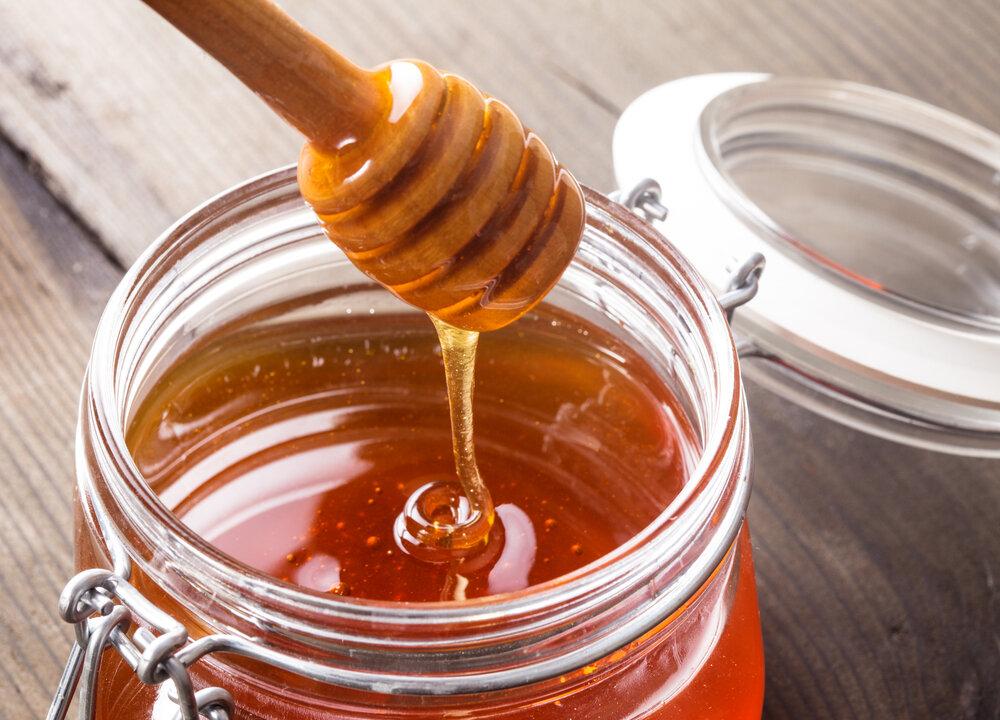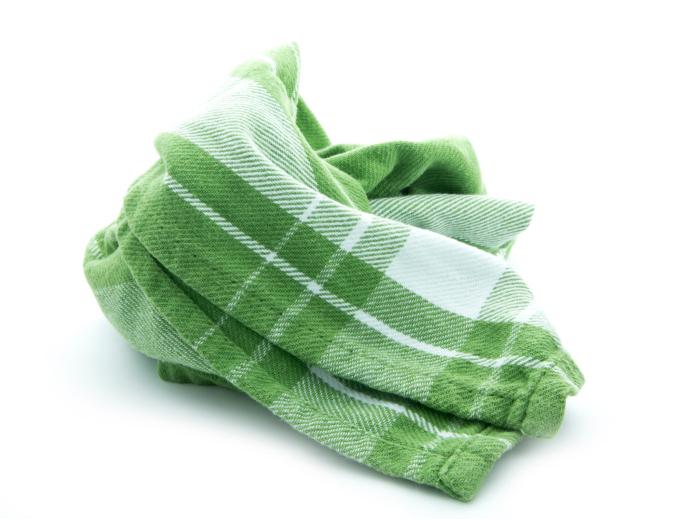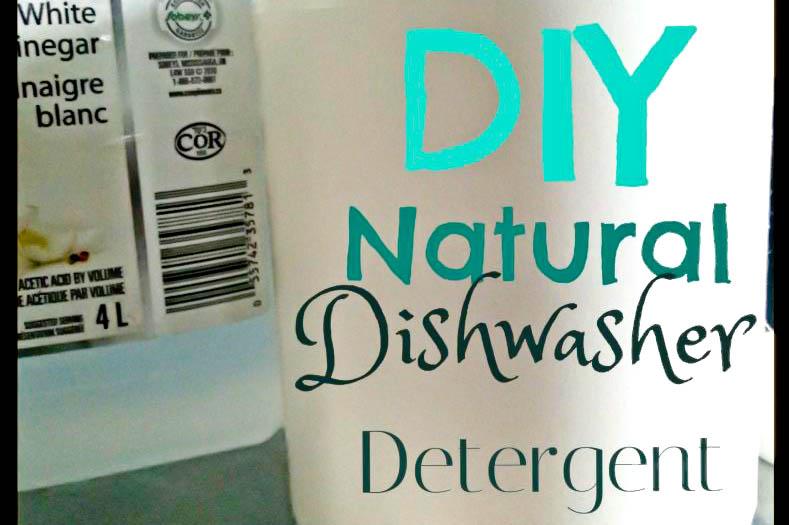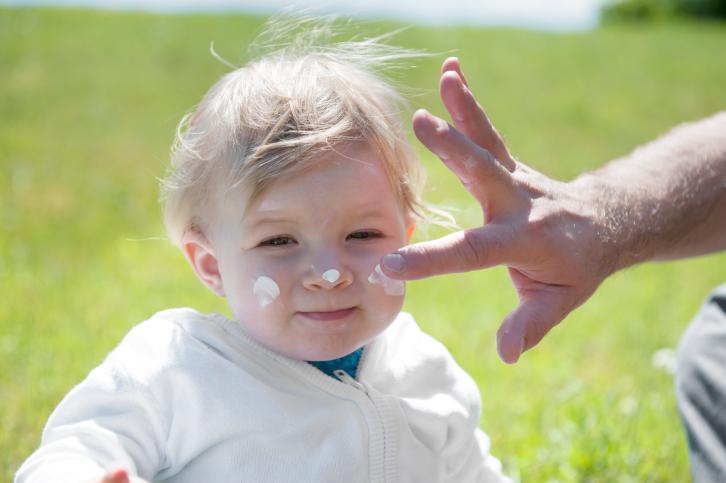When I was in grade eight, my skin-care knowledge amounted to a vague idea that clean skin was clear skin. Not having access to the Internet back then, nor to magazines that might have otherwise pointed me in the right direction, I boldly went ahead and scrubbed my face vigorously with soap followed by a “toner” of rubbing alcohol. Every night.
This is me in grade eight.

Joc in grade eight.
It’s OK. You can laugh.
You can’t even see the worst of it, but that rosy ring about my lips is just a sample of what my skin was like for many long years since then:—red and chapped, dry and scaly, stinging and itching. Oh, I changed my products myriad times over the years once I figured out that my soap and alcohol regimen is good for nobody, but even the most costly moisturizers and face washes faithfully applied did nothing at all. I just sighed and resigned myself to the fact that I had “bad skin.”
Then, a few years ago, I discovered Crunchy Betty and fell in love with her kitchen witchery and witty writing, and I set about trying as many of her natural skin- and hair-care recipes as I could (her homemade face masks are heaven and I urge you to pop on over there and give some of her stuff a try). The best thing that I came across on her site was something so simple that I admit I had my doubts about its effectiveness, but in a moment of boredom combined with desperation, I decided to give it a try. This seemingly small tip was to wash your face with… honey.
The result was mind-blowing.
I know, it sounds weird if you’ve never considered such a thing before. But it doesn’t matter if you have dry skin, oily skin, aging skin, acne-prone skin, or just regular old nice skin; honey is perfect for everyone, even for folks with rosacea or eczema. And it’s really easy to use: you just take about a teaspoon of honey and rub it all over your face (and you can leave it on for a few minutes for some extra benefit if you can stand to be sticky) then wash it all off with a warm, wet face cloth. Follow it up with a toner and moisturizer if you want (I use witch hazel and almond oil) but often you won’t even need to.
As an aside, you should probably make sure that you first tie your hair back or slap on a headband because while honey is also good for your hair, your hair will get crunchy and you will need to wash it out. This is unfortunate if you’re a morning face washer and running late for work.
And that’s it.
When I started washing with honey, I was sporting a pair of my trademark red, itchy spectacles as well as a crack in the corner of my mouth that had plagued me for about a month. After about three days of the honey wash, both were cleared up and neither have ever come back. Ever.
My face miraculously cleared up: no more dry, itchy skin. No more chapping. No more peeling. Also, I can’t prove this, but I feel like my crow’s feet lessened. I wish I had taken pictures, but I didn’t have a whole lot of faith in the honey wash when I started this journey. I’m still kicking myself for that.
So why use honey?

Honey is a gentle cleanser in that it doesn’t strip your face of natural oils (like most face washes will, causing your skin to produce even more oil to compensate) and it is actually a healing agent. I’m going to get all science-y on you for just a minute because if you know why it works, you’ll be more likely to give this experiment a fair shot (unless you’re my husband who just refuses to believe that honey washes right off as soon as water hits it, despite my attempts of a demonstration).
Honey is a humectant, and it’s antibacterial.
The humectant part: A humectant is a substance that helps a product retain water/moisture. Honey is a humectant because it is hygroscopic, meaning it has the ability to attract and hold water molecules from the surrounding area. I don’t suppose I need to give you any further words as to why this would be good for your skin.
The antibacterial part: Because honey is a supersaturated substance — meaning there is more sugar present than water would normally be able to hold in its natural form — it has a low water activity and is therefore not a very hospitable spot for microorganisms to grow. So it’s pretty clean.
Additionally, honey contains an enzyme called glucose oxidase and a compound called methylgloxal.
... Continue reading about honey as a miracle face wash at Little Boozy Homemakers.
Tracy and Joc are sisters, wives, and mothers, and they love to make things with their own two hands. Read more of their great homemaking tips on their blog Little Boozy Homemakers.

*Image of honey via Shutterstock




